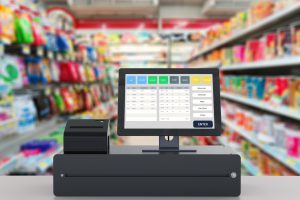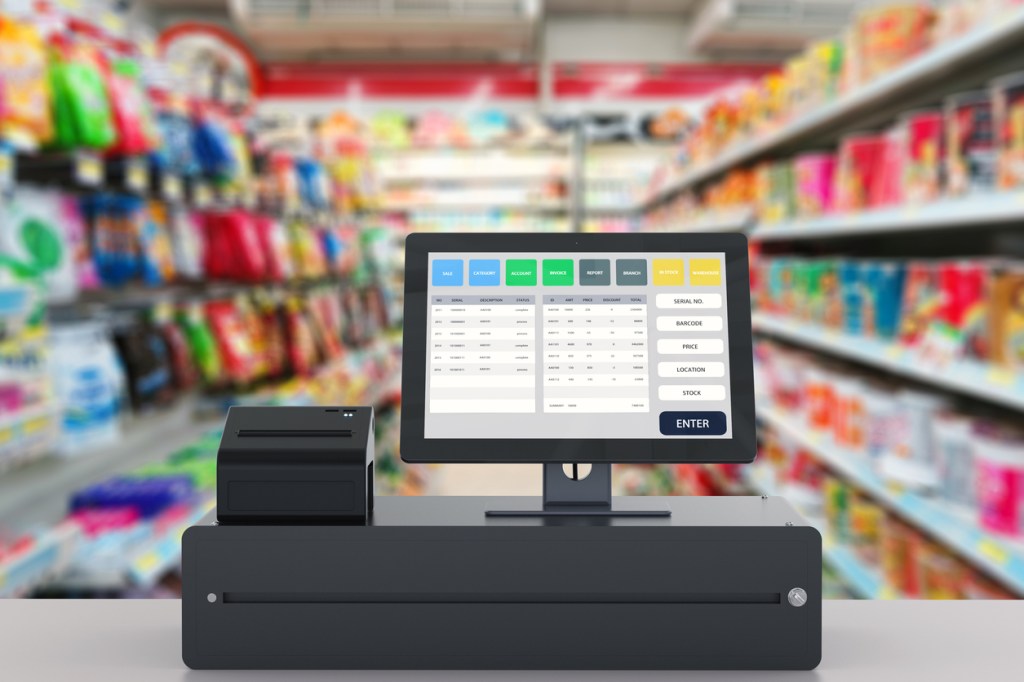
A report commissioned by the Australasian Association of Convenience Stores (AACS) has found that the convenience stores of the future are facing disruption while being in a prime position to act on changing trends.
AACS CEO Jeff Rogut said the industry needs to commit to innovation for the landscape to change over the next decade.
“Our challenge is to maintain our value proposition amid ever-changing technology and emerging consumer generations. This means adapting to change, attracting new customers, and re-framing threats such as increased Government regulation, into opportunities to introduce new products and services,” he said.
The report, put together by the Australian Centre for Retail Studies at Monash Business School said stores needed to become destinations for both goods and services rather than just relying on impulse purchases.
Mr Rogut said convenience stores were one more seen as a desperation shop.
“With so many changes happening around things like driverless vehicles and electric vehicles, the bastion of selling petrol and hoping people will buy something else is a thing of the past,” he told The Australian Financial Review.
“All retailers need to be agile – that’s true for all retailers and more so for our industry.”
“It’s about keeping the core and appealing to more, it’s not about alienating our current customers.”
Part of the innovation strategy could be alcohol as several convenience store chains are currently seeking approval to be able to sell alcohol.
Senator David Leyonhjelm spoke at a media event in March 2016, supporting c-stores in their bid to sell alcohol.
Mr Leyonhjelm recommended that convenience stores and petrol stations be allowed to see packaged alcohol.
He told C&I Week that it would offer customers a broader range of products, and that it wasn’t the job of the government to tell consumers that they could only purchase alcohol from bottle shops.
“You go to Canberra and they don’t have that rule, the grog is sitting there next to the fruit and veggies and some of its cold, what’s the difference? Are Canberra people more sober than NSW people? That’s irrational,” he said.

